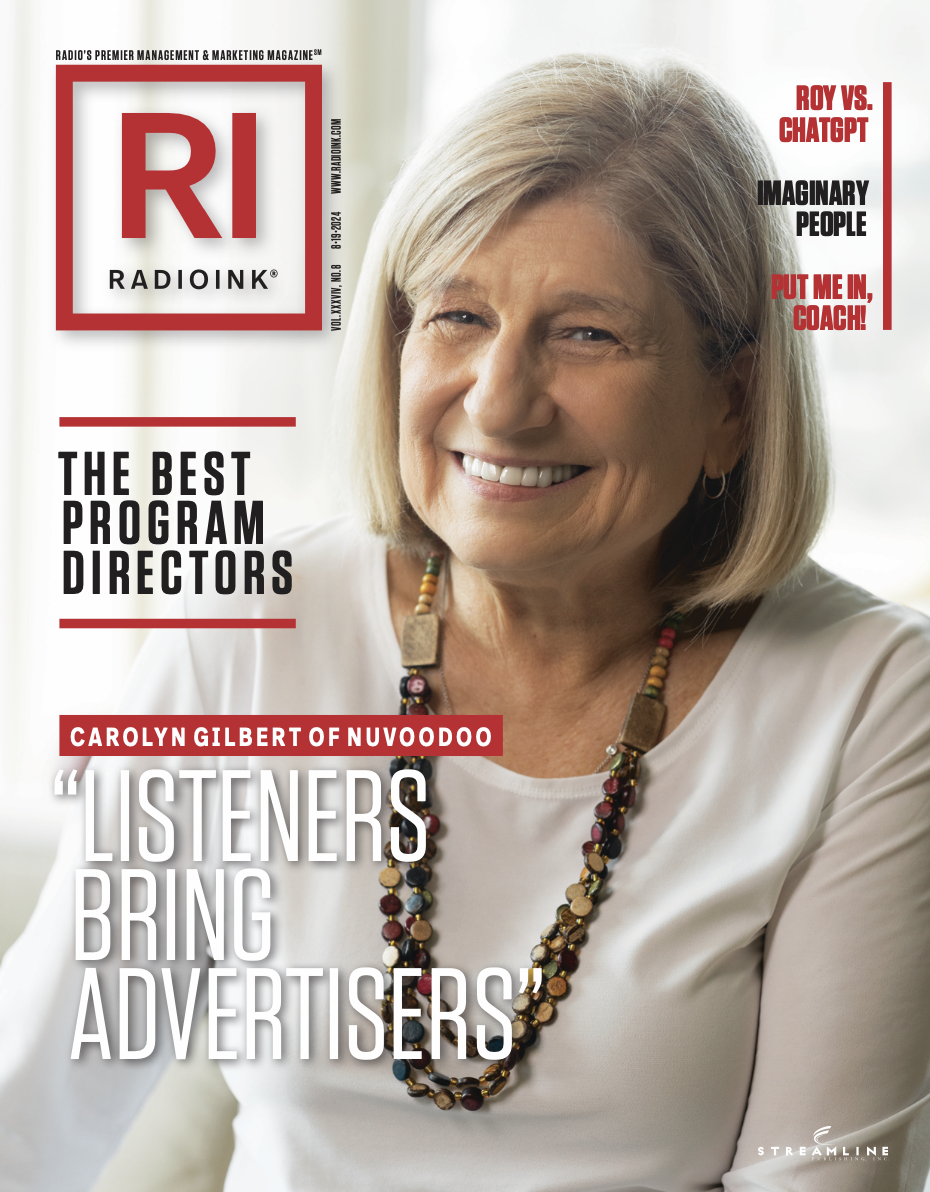
(By Buzz Knight) I remember the first time I opened an Arbitron paper diary and saw the statement, “Your opinion counts.” It was a revelation that sparked ways for me to keep tabs on the audience and try and build a “feedback loop” with them.
The thinking was, if Arbitron is asking our listeners for feedback then we better put ourselves in the same position. It’s smart business to ask your customers/audience how you can improve the quality of the product. While I never saw any evidence that indicated this practice benefited ratings, I didn’t care because it just felt like it is the right thing to do.
So many other products and services pump their customers for feedback – why not radio?
Fly any airline to any destination and they will solicit feedback from the experience immediately after. Go to a doctor for a checkup or procedure and they will hunt you down to see how the “experience” was.
Since the advent of electronic measurement in 2007, radio has generally abandoned mining for audience feedback in a listener-centric mass appeal manner.
Yes, strategic research still exists in many instances for radio operators, but that’s not what I’m referring to. I always found it to be a weird pivot, for a business that needs to stay dialed in with the sentiment of its audience and its clients that the feedback loop had generally ceased.
My suggestion is that much like the previously listed businesses, radio should go out of its way to seek feedback on all levels of operations. Sell a package to a client for the first time or the hundredth time and figure out a way to ask them about the interaction. Did they experience some friction in the experience? They should feel comfortable enough to tell you.
If you just created a promotion for the first time or hundredth time engage with the audience with a feedback process that just might give you some Intel to improve it next time or ditch it altogether in favor of a new idea.
Certainly creating a perception that you are interested in feedback isn’t a bad thing but it’s actually even better if you act upon what you are hearing so you are continuously improving. It costs you practically nothing and it also will likely serve as a competitive point of differentiation from the rest of the competition.
Buzz Knight can be reached by e-mail at [email protected]. Read Buzz’ Radio Ink archives here.






